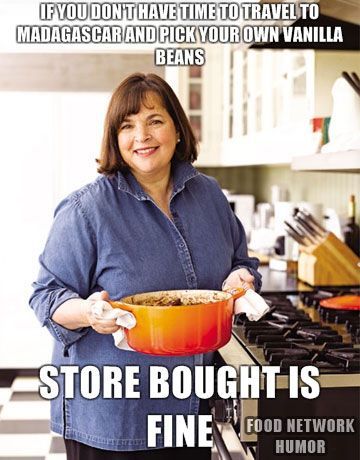sashurlow
Well-Known Member
Yesterday in my local grocer I saw a bottle of Stella Artois Cidre. It had a label that said "Made with hand picked apples". I realize that Stella is Anheuser-Inbev but why not try a Belgium mass produced cider. Ingredients list: "Hard Cider (water, apple juice concentrate, dextrose), water, sucrose, natural flavor, malic acid, sodium citrate, natural colors" What happened to my hand picked apples??? Its not even imported!!! The label claims "Anheuser-Bush; Baldwinsville, NY" I realize most every apple is handpicked at somepoint in time in its life, but come on! Stupid marketing...
The taste is not bad, but you can taste the dextrose and sucrose and "natrual flavors". Won't buy it again. Forutunately I could buy only one bottle so I'm not stuck with five more.
The taste is not bad, but you can taste the dextrose and sucrose and "natrual flavors". Won't buy it again. Forutunately I could buy only one bottle so I'm not stuck with five more.






